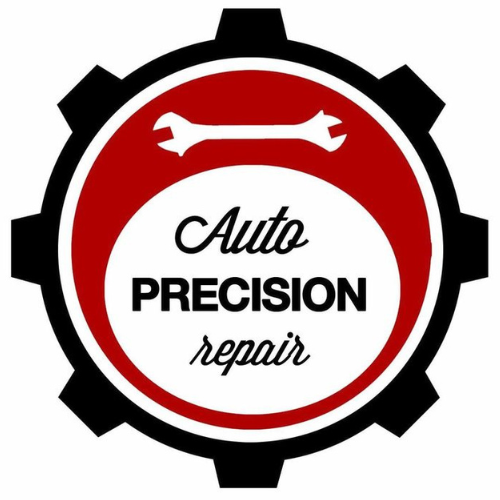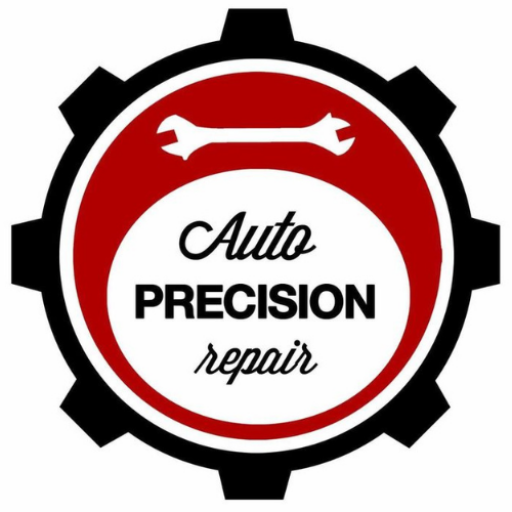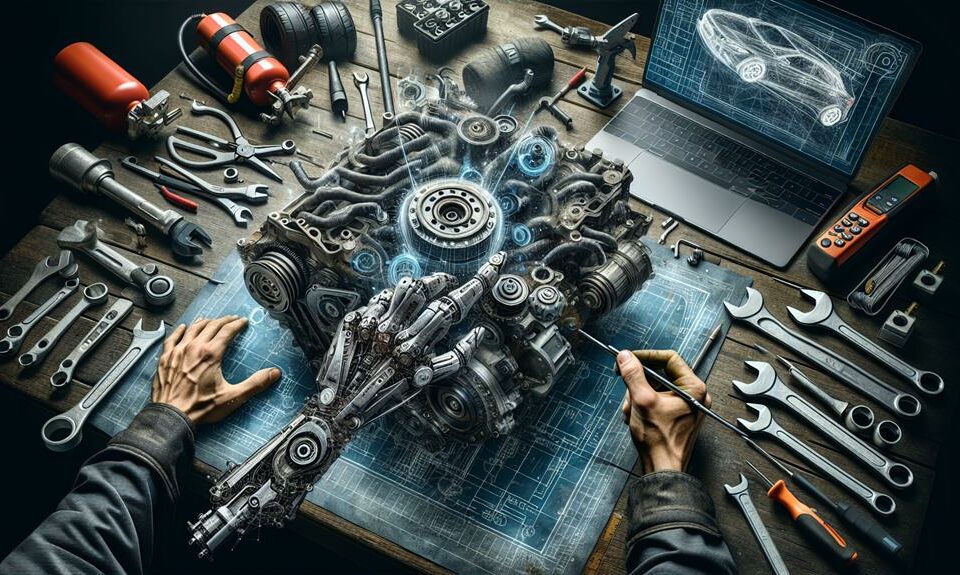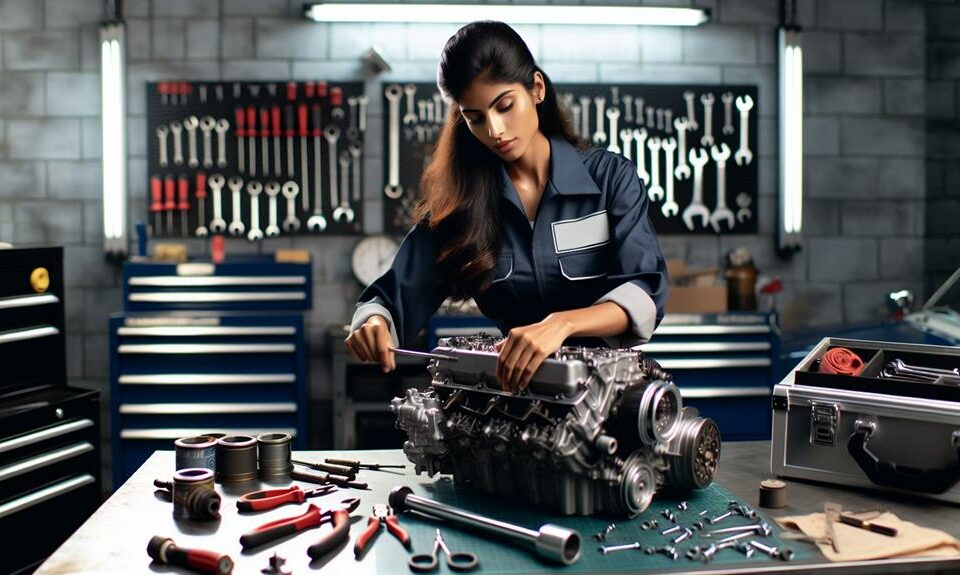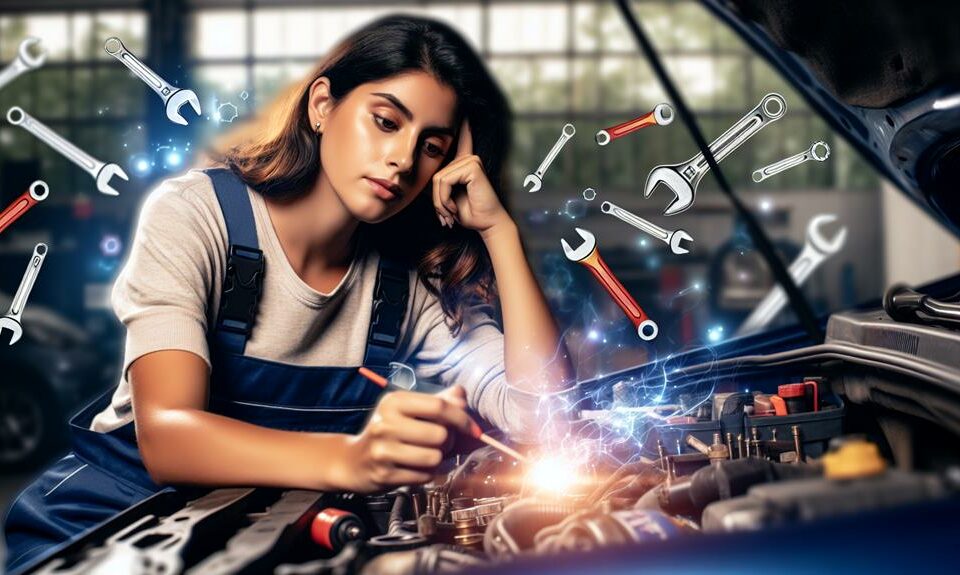What Makes a Good Mechanic? Essential Attributes for Success

The Mechanic’s Guide to Professional Excellence: Attributes That Matter
May 7, 2024
Enhancing Your Career: The Top Professional Traits of a Master Mechanic
May 7, 2024Just like a finely tuned engine, a good mechanic is a blend of several key components. You might think it’s all about the technical proficiency, and while that’s undoubtedly crucial, it isn’t everything.
It’s not just about knowing your way around a carburetor or being able to diagnose a transmission issue at a glance. A truly competent mechanic needs a vast array of skills, from problem-solving abilities to strong interpersonal and communication skills.
Imagine you’ve got all the technical know-how but can’t explain the problem or proposed solution to your customer, or worse, can’t understand what they’re trying to describe to you. You’d be like a Ferrari with a flat tire, wouldn’t you?
So, let’s dig deeper into this and explore what really makes a mechanic stand out from the crowd.
Technical Proficiency and Problem-Solving Skills
As a mechanic, your technical proficiency isn’t just about knowing your way around various tools and machinery; it’s also about your ability to solve complex mechanical problems with precision and efficiency. You’re a bit like a detective, sifting through the symptoms of a malfunctioning machine, interpreting the clues, and pinpointing the issue with exactness.
You’re an expert in reading diagrams, understanding specifications, and applying your knowledge to troubleshoot issues and provide solutions. It’s not just about wrenches and oil changes; it’s about the art of problem solving. This ability to unravel mechanical mysteries is what distinguishes you, makes you a vital part of your team, and gives you a sense of belonging in the community of mechanics.
Interpersonal and Communication Abilities
While you’re certainly expected to be a whiz with tools and machines, don’t underestimate the value of strong interpersonal and communication skills in your role as a mechanic. Your ability to effectively communicate with customers, suppliers, and co-workers is just as critical as your technical skills.
It’s not just about explaining what’s wrong with a vehicle or how to fix it, but listening and understanding the concerns and needs of your client. You’re part of a team, and clear, respectful communication fosters a better work environment.
Moreover, having good interpersonal skills helps build trust with clients, making them feel valued and understood. So, always remember, being a good mechanic is as much about people as it’s about cars.
